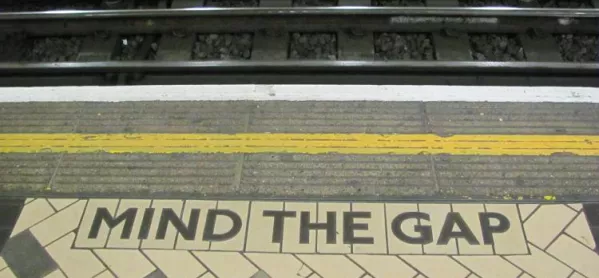The number of poorer children in grammar schools has only risen by 0.1 per cent in a year - despite a growing pressure from ministers on existing selective schools to do more, new figures show.
The proportion of children on free school meals (FSM) has remained stagnant or has dropped in half of the local authorities with fully or partially selective education systems, according to new analysis.
For more than three years, ministers have been calling on existing grammar schools to look at ways of opening access to poorer pupils following criticism that they have been dominated by the middle classes.
And Labour MP Lucy Powell - who is leading a debate on social mobility in parliament today - has called on existing grammar schools to improve access for poor pupils or face the loss of public funding.
The figures released by Ms Powell, former shadow education secretary, from the House of Commons Library reveal that there are 3,239 FSM children in grammar schools, compared to 3,102 last year.
In 26 grammars there are only just enough FSM children to make up a football team for each school. And in two thirds of grammars, each school could fit all of its FSM children into one classroom of 30.
The government’s Schools that Work for Everyone Green Paper, published in September, set out plans to require the 163 existing grammar schools to have strategies in place to ensure fair access - such as a quota of pupils from poorer backgrounds in their admissions policies.
Earlier this year, Tes revealed that more than a third of the existing grammar schools in England were set to change their admissions procedures in 2018 to take more children from disadvantaged backgrounds.
But despite increasing pressure from ministers, figures show that the proportion of FSM children accessing grammar schools has only increased from 2.6 per cent to 2.7 per cent from 2016 to 2017.
Now Powell and campaigners Comprehensive Future have suggested the government is about to abandon formal plans to increase the number of children from low-income backgrounds in grammar schools. Their claims are based on a response from education secretary, Justine Greening, to a question from Powell about the steps she plans to take to improve access for poorer pupils into selective schools.
Ms Greening replied: “We were encouraged by the number of selective schools that came forward voluntarily to improve their admissions arrangements in response to the Schools that Work for Everyone consultation.
“We will continue to work with our partners in the sector to ensure that more children from low-income backgrounds are able to access grammar schools.”
Ahead of today’s debate, Powell said: “Existing grammar schools must do more rather than entrenching advantage and damaging wider social mobility. Unless they reform admissions urgently and show a substantial boost in the numbers of low-income children attending these schools within the next few years, the state should stop funding these schools.
“We should be rewarding schools that do the most for pupil progress, for the majority of pupils, whilst narrowing the attainment gap, which league tables currently fail to do adequately. League tables should be reformed with pupil progress, not simply attainment, as the key measure.”
She added: “Ministers opened a debate about the future of grammar schools before the election. They should now have the courage of their convictions and work to ensure more low-income children attend these schools.”
Looking at the record of individual schools, the analysis shows that more than half improved the number of FSM pupils in their schools in the last year.
Meanwhile, 47 per cent of schools stayed the same or saw a reduction in the proportion of free school meal children.
The Department for Education has been contacted for comment.
Want to keep up with the latest education news and opinion? Follow Tes on Twitter and like Tes on Facebook




